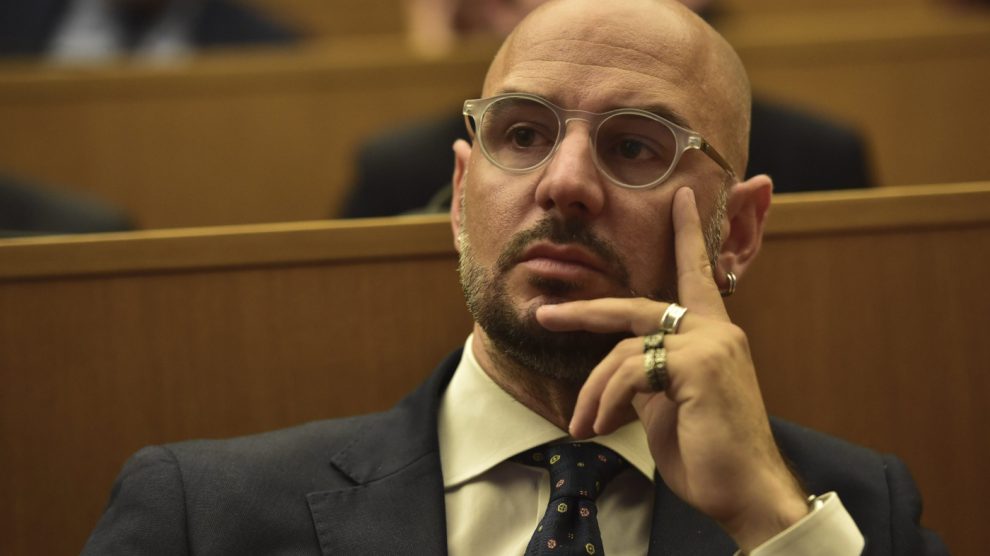On the growing Russian influence campaign. Italy’s electoral window “has opened up a vast front of vulnerability, at a time when crises – such as the Russian conflict in Ukraine and the repercussions of the pandemic – overlap systemically.” Thus, the effects of Russian propaganda “resonate in the extremist infospheres that have grown and strengthened with the weakening of society.”
On Russian infowar tactics. “Long-term observation is the most relevant part. Think of embers in a fireplace: you need to keep them burning to rekindle them at will. The digital and decentralised ‘puff’ comes from alternative channels.”
- RT and Sputnik may be banned, but their content travels in another guise through social media such as Telegram, VKontakte, Gab and Reddit, “which are more ‘channelled’ and suitable for reaching an increasingly individualised and atomised audience.”
- Thus, “Russia continuously disseminates low-intensity propaganda, only to multiply its efforts at the right time, so as to ‘popularise’ dissent and ‘activate’ destabilisation. Which happens as a bottom-up reaction, wearing down social cohesion and deeply eroding trust in institutions.”
On Russia’s Italy-specific strategy. The Kremlin’s latest content targeting Italy mainly deals with the energy crisis. “Talking about bills gives them immediate, bottom-up access to the audience” – chiefly household savings and SMEs, which make up most of Italy’s economic fabric.
- “The uncertainty of today’s [energy] situation makes the voter seek refuge, comfort, or – even worse – meaning in information beyond authoritativeness, objectivity and truthfulness.”
- And Moscow’s outlets “speaks to everyone, directly, hybridising their propaganda with other political, social and cultural topics – such as vaccines and gender – on which it produces and feeds constant disinformation, exploiting divisive themes to accentuate the rifts in society.”
On Italy’s (lack of) countermeasures. “There have been flaws in the Draghi government’s communication strategy, which has been very ‘silent’ and often late. Precisely this absence of institutional messaging has allowed parties to manoeuvre around it to their own advantage – as seen with the parties’ own spin on the fall of Mario Draghi.
- Because of the looming elections, “we have moved to direct party over-communication. Too bad these are deaf to the most strategic issues, probably because they are beginning to understand the risk of governing now and the unpopularity that could derive from managing the ongoing crises in their complexity.”
On the risks of inaction. If institutions and parties do not fight back against Russia’s infowar, citizens will be left exposed to interference by foreign actors – with potentially dire results.
- Domestically, “one must mind those who won’t vote – roughly 40% of voters who will not be represented in the next parliament.” While it’s crucial to avoid simplistic parallels, one must note “that the connective, anti-system and anti-party movements in the United States were born on similar premises.
- At the European level, “energy problems and everyday difficulties will overshadow the war” and facilitate intra-EU commercial fights over productivity. This, in turn, could break the common front.
- The end result could be Europeans “forgetting the Ukrainian people, the protection of national sovereignty, freedom and democracy,” thus making their own democracies “incredibly more fragmented, isolated, fragile and vulnerable to external hostilities, mainly triggered from within.”
These extracts were taken from the original interview on our sister site, Formiche.net.




